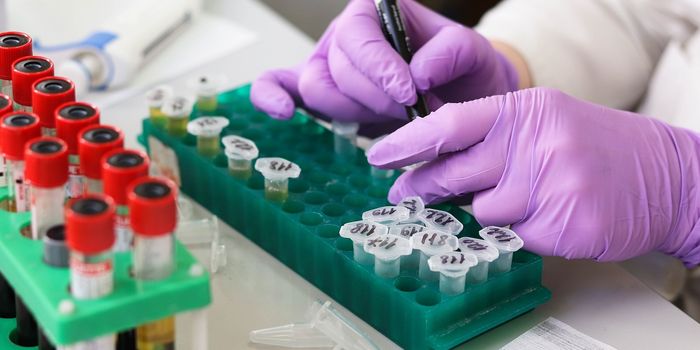New Immune Cell Discovered in Mammary Ducts
Dubbed “ductal macrophages,” newly discovered immune cells found in breast tissue offer fresh promise for future treatments for breast cancer. A new preclinical research study begins what will likely be an extensive journey toward improving the natural immune response to breast cancer.
Ductal macrophages are named for where they were found: “squeezed in between two layers of the mammary duct wall,” as described by research co-leader Dr. Caleb Dawson. These immune cells are involved in a fundamental mechanism performed by macrophages all over the body: phagocytosis. This is a cellular housekeeping procedure often referred to as a process of “cellular eating,” “debris recycling,” or “engulfing dead and dying cells.” Phagocytosis anywhere promotes healthy tissue, and this remains true in the mammary ducts, highlighting the positive influence of the new ductal macrophages.
Described by Dawson as “star-shaped,” the ductal macrophages were discovered by scientists utilizing advanced three-dimensional imaging techniques with samples of breast tissue. In addition to their role in phagocytosis, ductal macrophages were observed by Dawson and others to be the hall monitor of the mammary ducts, scanning for pathogenic or cancerous activities.
"We were excited to find that these cells play an essential role at a pivotal point in mammary gland function called involution when lactation stops, milk-producing cells die, and breast tissue needs to remodel back to its original state,” Dawson explained.
Milk is produced and transported in mammary ducts, and mammary gland structure changes drastically over an individual’s lifetime. For example, both males and females have mammary glands, but their development differs drastically due to different changes instigated by female versus male sex hormones.
Unfortunately, most breast cancers arise in mammary ducts. The new discovery of ductal macrophages and the importance of their maintenance roles is thus vital for developing the best anti-cancer approach. Researchers need to understand how ductal macrophages work in a healthy scenario so they can learn how to reverse an unhealthy scenario, such as breast cancer.
As cancer spreads in mammary glands, populations of ductal macrophages grow, potentially hindering the immune system’s natural response to cancerous growth. Thus, the ultimate goal of this and future research studies is to manipulate ductal macrophages to alter the immune response to breast cancer in favor of the patient.
Sources: Walter and Eliza Hall Institute, Nature Cell Biology, Reproductive Toxicology








